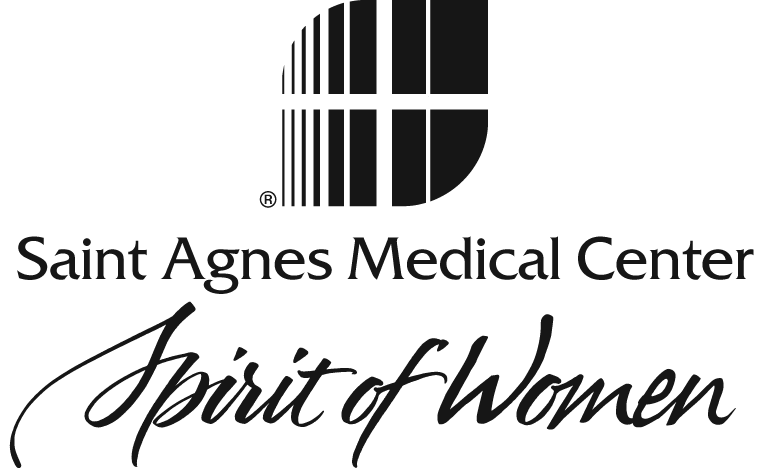More than ZZZs - Are You Well-Rested?
You might be getting sleep, but are you well-rested?
You know the feeling. You wake up feeling sluggish and the rest of the day you feel like you’re walking around in a fog. Our busy lives leave us little time to truly get the rest we need, and if you’re not careful, it can have a negative effect on your health. Getting enough rest involves your mind and body, and making rest a priority is important for your mental and physical health. Usually, when we feel burnt out, we assume it’s because we need more sleep. But getting the rest you need involves more than just catching your zzzs at night.
It may seem challenging to get the rest you need, but there are simple and effective things you can do throughout your day that can have a big impact. By incorporating opportunities for rest, you can become more productive, improve your outlook on life, and most importantly, optimize your health. Here are six keys to help you get the rest you need.
- Nap. Naps aren’t just for kids. While it may seem tricky to sneak a nap in every day, studies show that taking a quick nap for even ten minutes can have positive benefits, including:
- Reducing your risk of heart disease
- Improving your immune system
- Easing stress
- Enhancing memory
- Helping you sleep better at night
- Uplifting your mood
- Improving alertness
- Increasing activity
- Allowing you to solve problems easier
- Improving performance
- Limit Caffeine. While we may enjoy the instant gratification of a caffeine jolt, that cup of coffee, tea, soda or energy drink can increase your stress and anxiety. This puts more stress on your body, both physically and mentally. Instead of reaching for that extra cup of coffee, consider drinking more water or another beverage such as juice or a smoothie.
- An Attitude of Gratitude. How often do you take a break from your daily life to reflect on the things you are thankful for? Setting aside a few moments each day can ease stress and calm both your body and mind. Make a habit of taking a pause to live in the moment, and reflect on what you are grateful for each day. It will help recharge your batteries and decrease emotional and physical stress.
- When is your next vacation? Taking a trip can be a huge stress reliever, and looking forward to a vacation may be just what you need to help you relax. A staycation can be just as effective as a fancy trip to Europe. Vacations allow us to see the world through a different lens, and give us a chance to get out of our everyday routine and destress.
- Take a short break. Sometimes, all you need to do is take a temporary break to recharge. By removing yourself from a tense environment or situation and connecting with your feelings,
thoughts, and body, you can often return rejuvenated and feeling refreshed. It may also help to do deep breathing exercises, take a walk, or do stretches to refocus your mind and body. - Give your mind and body the right fuel. Choosing the right foods can give us energy, and the opposite is also true. When you’re hungry and your energy level falls, your mind and body demand fuel. To keep your brain and body working at its best, choose foods that are high in protein, such as a small serving of nuts, chicken, or fish. Be mindful of portion sizes to avoid
that post-snack crash. If you try all of these things and still feel you are not getting the rest you need, have a conversation with your healthcare provider. Getting enough rest is essential to your physical and mental health.
DO ONE THING: Understand that getting enough rest is critical to your overall health, and take steps to make sure you are getting adequate downtime for your body and mind.
SHARED DECISION MAKING: If you often wake up tired, have a conversation with your healthcare provider to see if you should be evaluated for a sleep disorder. If left untreated, not getting
enough rest can lead to serious health problems.
